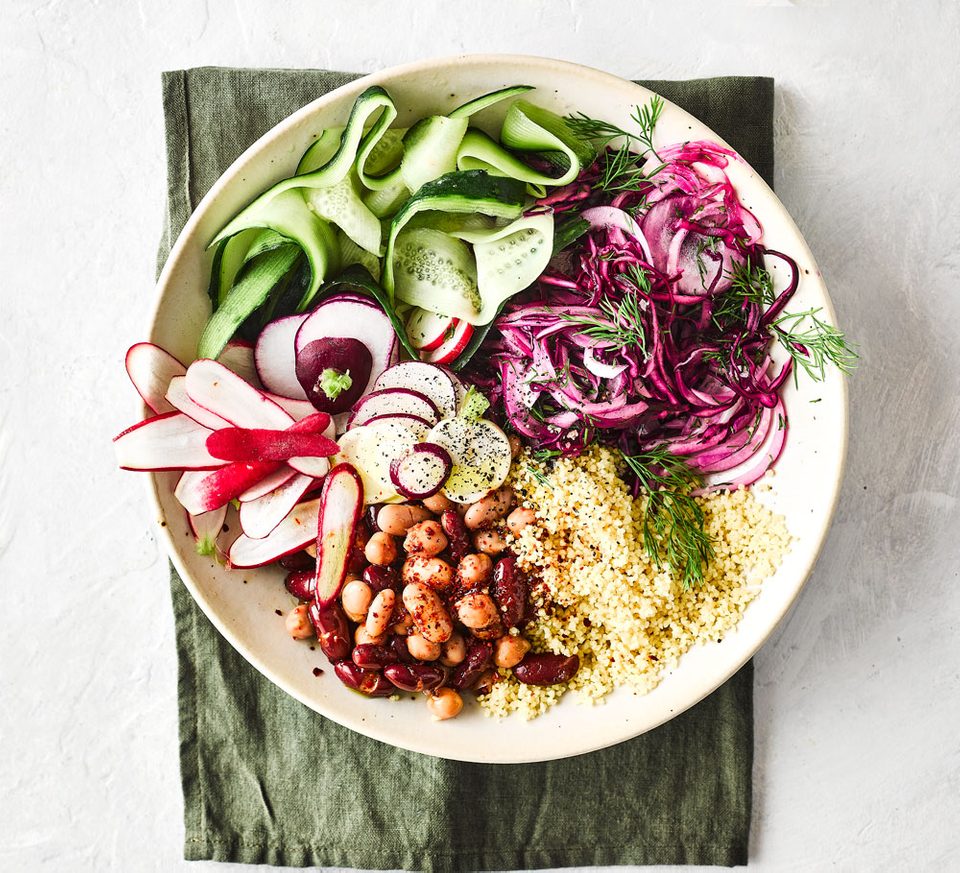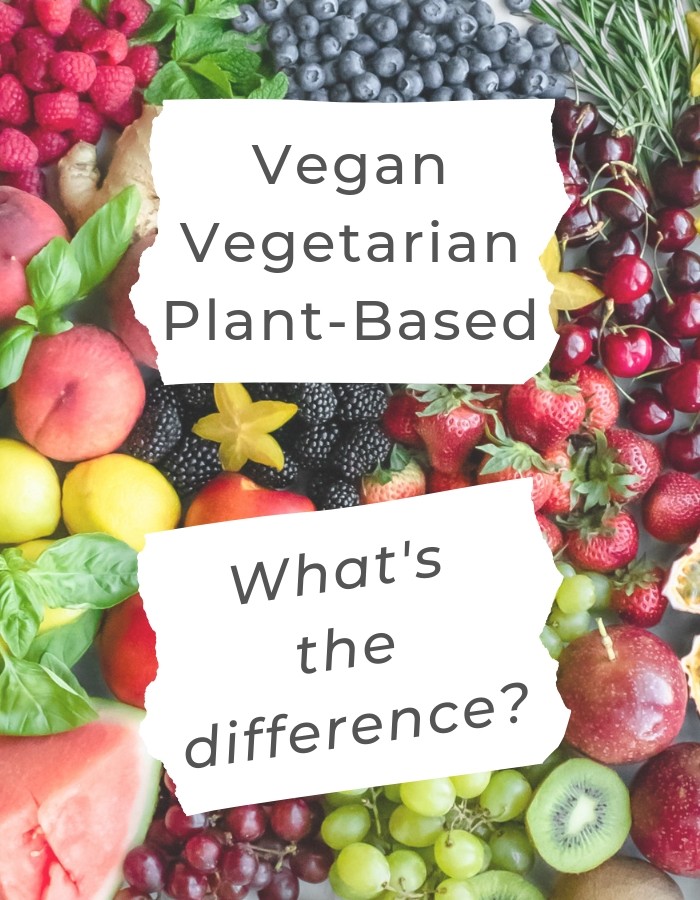
Iron is essential for cell health, metabolism, energy, and cellular health. Iron can be found throughout a variety foods, including meats as well seafood and dark green veggies.
Heme iron, which is mainly found in animal products is easier to absorb than non-heme. That's why vegetarians and vegans often have a harder time obtaining the proper amount of iron.
Spinach is an excellent source of iron
Iron is essential for oxygen transport to your cells. Vegetarians and vegans can have serious health problems if they are iron deficient.
However, it is important to understand that iron can be found in many different types of food. It is crucial to ensure your body gets enough iron by eating the right foods.
Spinach is one of most nutritious foods on earth. It contains many vitamins and minerals as well as antioxidants and phytochemicals. These nutrients have been proven to reduce your risk of developing cancer, heart disease, or other diseases. They also promote healthy skin, eyesight, and eye health.
It also contains lutein as well as zeaxanthin. These pigments can protect your eyes from the damaging effects of blue light. Zeaxanthin and lutein are especially good for your eyes as they help reduce the risk of macular damage, cataracts, and other eye problems.
There are many ways to add spinach to your dishes. You can even add it to soups, casseroles, pastas, and other dishes.
Spinach is a great source of iron. But, be cautious about how much you eat. Oxalates are a common component of spinach, which can hinder your body's ability to absorb it. This is why it is important to wash spinach well before you eat it.
It's a good source for vitamin A
Vitamin A, an essential nutrient for good overall health, is also a vital component in the immune system. Vitamin A can be found in many foods including leafy green veggies, carrots and mangoes, as well as eggs, raw milk, cheeses and cod liver oil.
It is also a fat soluble vitamin. This means that it is easier to absorb when eaten together with other fats like avocado, nuts, and seeds. The best source of this nutrient is spinach, which can provide over 9% daily.
However, some vegans and vegetarians still have difficulty obtaining adequate iron from their diet alone. They might have to supplement their iron intake because non-hemeiron is not as well absorbed as heme.
There are many iron supplements available on the market. Many of them are vegan- or vegetarian-friendly. They are available in liquid drops, tablets or gummies and contain the right amount of iron.
Talking to your doctor is the best way to determine the correct iron supplement for you. They will be able to test your blood and recommend a supplement that best fits your needs.
PlantFusion Complete Iron is a cost-friendly option. It contains 18 mgs fermented iron bisglycinate each tablet. The formula is free of gluten and contains no artificial ingredients or preservatives. Amazon reviews recommend taking one tablet per day.
It is a good source vitamin C

If you're a vegan, iron is a critical nutrient. Iron is essential for the production of hemoglobin in your body. This protein is found in red blood cells and transports oxygen throughout your body. It is also involved in the production of hormones and other protein.
There are two types, heme iron which can be found in animal protein and non-heme. Heme iron is more bioavailable so that your body can absorb it quickly.
It is vital that vegans have sufficient iron. A vegan's diet could make them more susceptible.
The good news is that iron can be absorbed by the body through vitamin C. This nutrient is found in a number of plant foods, such as citrus fruits, tomatoes, peppers, potatoes and berries.
Vitamin C is known to increase iron absorption and promote the production of collagen, as well as other bone proteins. It aids your body to create blood vessels, muscle, and cartilage.
Foods rich in vitamin C such as spinach, are the best way to get iron. But, remember that cooking can cause spinach to lose up to 18.3% of its vitamin-C content.
It's a good source for vitamin K
Vitamin K is a vital nutrient that plays an important role in blood clotting and bone health. Vitamin K can help prevent heart disease and cancer. Your daily dose can be obtained from leafy greens like spinach, kale, collard and other leafy veggies.
Spinach is a popular green leafy veggie that is high in vitamin K1. It is easy to incorporate into your diet, as it is a delicious addition to salads and other meals.
A good source of vitaminK can be found in fermented foods, such as natto and sauerkraut. Vegans can also get their recommended vitamin K1 intake from high-quality soy products, cheese, and other dairy products.
Iron deficiency is a common problem among vegetarians and vegans. This happens because iron found in plant-based foods is less absorbable than iron from animal-based food.
You can however increase your iron levels by using a vegan iron supplements. You can find them in a variety of forms including liquid drops, tablets and gummies. Some even contain vitamin C, which can greatly improve iron absorption.
Iron supplements that are easy to swallow and provide the right dosage are best for vegans. Do not take too much iron. It can cause liver problems.
Garden of Life Complete Iron is a convenient option. These tablets melt in seconds and taste delicious. This vegan-friendly formula also contains added B12 and folate, which can aid in iron absorption.
It is a good source of calcium
Iron is an essential mineral for growth and development. It also supports oxygen delivery throughout the body. There are two types of iron: non-heme, which is plant-derived, and heme.
Heme iron is found in meats and other animal-based foods and is more easily absorbed than non-heme iron from plants. Because it is not absorbed as quickly, vegetarians often need more sources of iron than omnivores to keep their bodies healthy.
Iron can be found in a variety of foods, including fruits, vegetables, legumes, whole grains, seeds, nuts, and seeds. An iron supplement is recommended for vegans and those who are strictly vegetarians.

Calcium is an essential nutrient that can improve your health. It plays a critical role in bone strength. While dairy products are the richest source of calcium, milk and other dairy products are not the only sources. Calcium can be found in many foods, such as fruits, leafy plants, beans, and even nuts.
Spinach is one of the best sources of calcium, as it contains more than 250 milligrams per cup. Spinach is also a good source for vitamin K. This increases the body's ability to absorb calcium.
Spinach is an excellent source of iron, other nutrients, but it also contains oxalic Acid, an organic compound that can interfere with your body's absorption of minerals. This can cause serious nutritional deficiencies.
It is a good source of lutein
Lutein can be found in many fruits and vegetables including dark leafy veggies. It can also be found in some nuts, eggs, and some fortified foods like juices.
It protects the eye's retina and macula. It prevents macular degeneration, an aging-related condition that can cause blurred vision and blindness.
A healthy diet rich in colorful vegetables and fruits is the best way to get enough of lutein. It is important to consume at least two servings of lutein-rich foods per day.
Lutein is found in spinach, kale, and many other leafy greens. They are high in vitamin C which increases iron absorption.
You can increase your intake of high-quality Lutein supplements. These supplements can be purchased in a variety of shops and online.
These supplements can be taken daily or for a particular purpose. These supplements can be used to reduce oxidative stress, protect the eyes from damaging UV rays, and prevent the development of cataracts.
You should consider taking lutein if you have macular damage or are at risk. Lutein protects your eyes against harmful free radicals, toxins, and other damaging substances.
It can also lower the risk of certain types of cancer and improve memory, learning, and verbal fluency. It can help maintain healthy skin and lungs. Additionally, it may reduce your risk of developing diabetes and heart disease.
FAQ
How much should I weight for my height and age? BMI calculator and chart
The best way to determine how much weight you need to lose is to use a body mass index (BMI) calculator. A healthy BMI range should be between 18.5- 24.9. Aim to lose 10 pounds per month if your goal is to lose weight. Enter your height and weight to calculate your BMI.
Check out this BMI chart to determine if you are overweight or obese.
What is the difference between calories and kilocalories?
Calories are units that measure the energy content of food. Calories are the unit of measurement. One calorie represents the energy required to raise one gram of water's temperature by one degree Celsius.
Kilocalories can also be used to refer to calories. Kilocalories are measured as a thousandth of a calorie. 1000 calories is one kilocalorie.
What is the most healthful lifestyle?
A healthy lifestyle means eating healthy foods, exercising regularly, sleeping well, and avoiding stress. This will ensure that you live a long healthy life.
Start small by changing your diet and exercising routine. If you're looking to lose weight, walk for 30 minutes each morning. For more activity, you can try swimming or dancing. An online fitness program such as Strava or Fitbit that tracks your activity could be a good option.
Supplements and herbs can improve immunity
You can boost your immune function with herbs and natural remedies. Examples include ginger, garlic and oregano, echinacea, vitamin C, ginkgo Biloba, and echinacea.
These herbal remedies should not be used in place of conventional medical treatment. They may cause side effects such as nausea, diarrhea, stomach cramps, headaches, dizziness, and allergic reactions.
Is being cold bad for your immune system?
Cold makes you weaker because you have less white blood cells to fight infections. However, being cold also makes you feel better because your body releases endorphins into your brain which reduce pain.
What is the difference between sugar and fat?
Fat is an energy source that comes from food. Sugar is a sweet substance that can be found naturally in fruits or vegetables. Both fats and sugars provide the same number of calories. Fats have twice the calories of sugars, however.
Fats can be stored in the body, which can lead to obesity. They can increase cholesterol levels in the arteries and cause strokes and heart attacks.
Sugars provide instant energy and are rapidly absorbed by the body. This causes blood glucose levels rise. High blood sugar levels can cause type II diabetes.
How does an antibiotic work?
Antibiotics can be used to kill bacteria. The treatment of bacterial infections is done with antibiotics. There are many kinds of antibiotics. Some can be taken orally while others can be injected. Others are topically applied.
Antibiotics can often be prescribed for people who have been infected with certain germs. To prevent shingles, an oral antibiotic may be prescribed to someone who has had chicken pox. Penicillin might also be administered to someone with strep throat. This will help prevent the possibility of developing pneumonia.
A doctor should give antibiotics to children. Children are at greater risk than adults for developing serious side effects from taking antibiotics.
Diarrhea is one of the most common side effects of antibiotics. Other side effects include dizziness, nausea and vomiting, dizziness, stomach cramps, dizziness, allergic reactions, dizziness, dizziness, stomach cramps, diarrhea, nausea, vomiting, allergy, headaches, dizziness, dizziness, dizziness, stomach cramps, and stomach cramps. These symptoms usually go away after treatment ends.
Statistics
- The Dietary Guidelines for Americans recommend keeping added sugar intake below 10% of your daily calorie intake, while the World Health Organization recommends slashing added sugars to 5% or less of your daily calories for optimal health (59Trusted (healthline.com)
- WHO recommends reducing saturated fats to less than 10% of total energy intake; reducing trans-fats to less than 1% of total energy intake; and replacing both saturated fats and trans-fats to unsaturated fats. (who.int)
- Extra virgin olive oil may benefit heart health, as people who consume it have a lower risk for dying from heart attacks and strokes according to some evidence (57Trusted Source (healthline.com)
- According to the Physical Activity Guidelines for Americans, we should strive for at least 150 minutes of moderate intensity activity each week (54Trusted Source Smoking, harmful use of drugs, and alcohol abuse can all seriously negatively affect your health. (healthline.com)
External Links
How To
How to stay motivated to stick to healthy eating and exercise
Staying healthy is possible with these motivation tips
Motivational Tips for Staying Healthy
-
List your goals
-
Set realistic goals
-
Be consistent
-
Recognize yourself for achieving your goal
-
Don't give up if you fail at first
-
Have fun